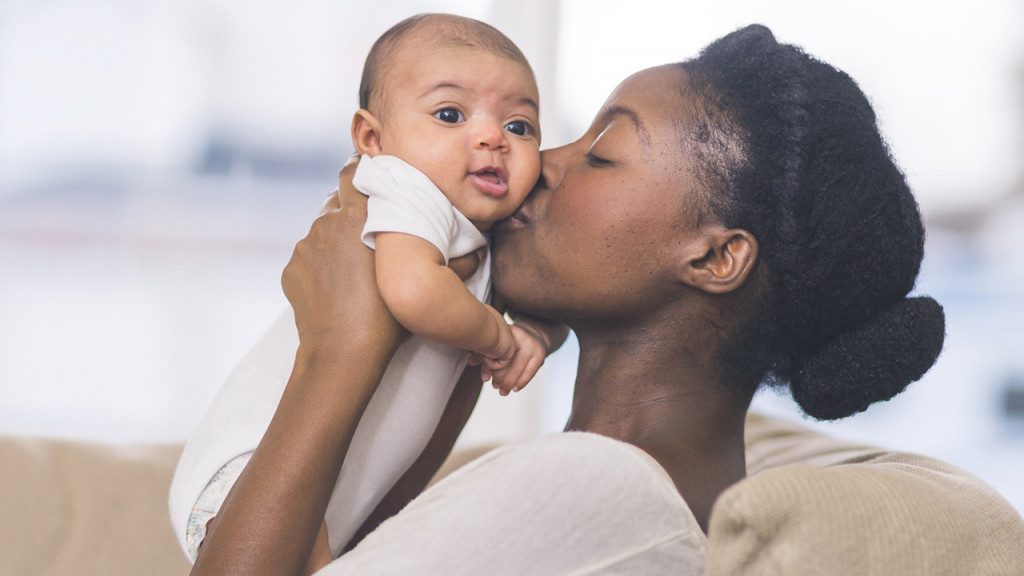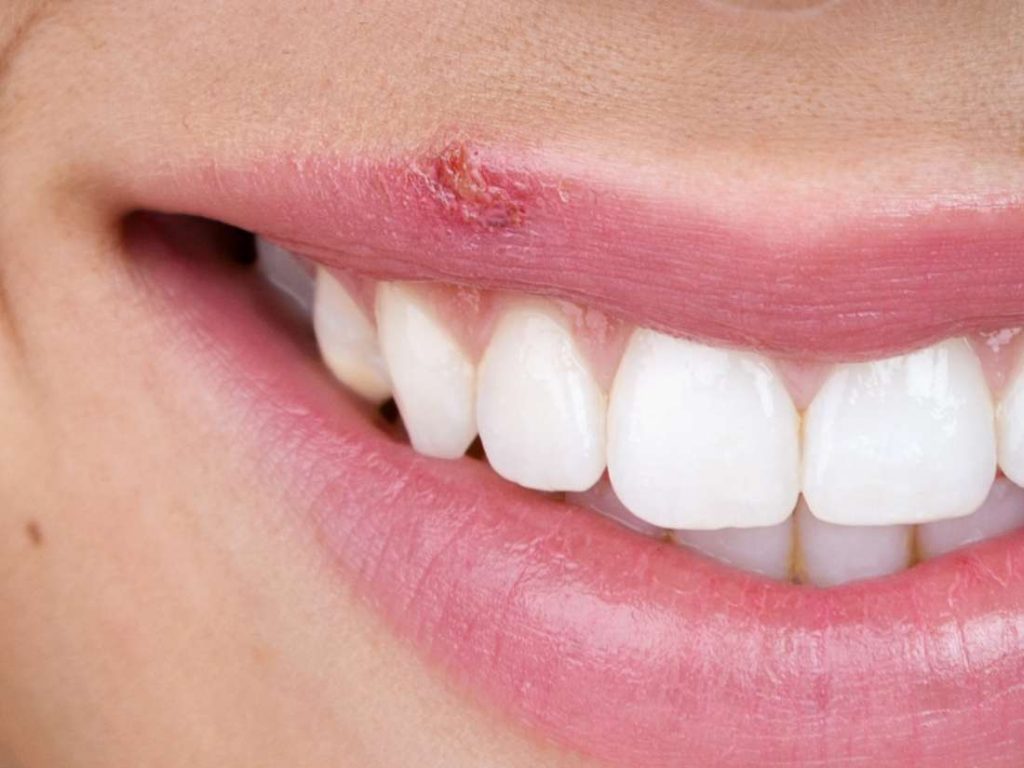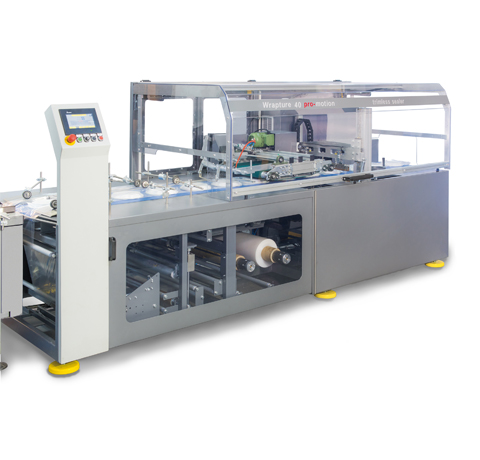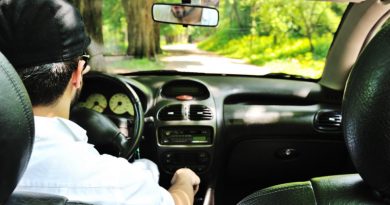Nooooooo, Don’t You Kiss My Baby!! Think Twice Before Letting Strangers Kiss Your Baby
From the minute they are born until they are adults, we as parents are fiercely protective of our kids! No matter their age, I will always do all in my power to keep my kids safe, and they are aware of this.
I keep an eye on their every step, especially if we are in public, and I remain vigilant even when strangers approach us. I don’t mind people approaching my kids and saying hello now, but PLEASE DON’T KISS OR TOUCH MY BABIES!
You might think I’m tripping as folks say today, but I’m not, and to be quite honest, I couldn’t care less what you think. These are my children, and with so many illnesses running around, I won’t risk them getting sick just so you can kiss them or touch their faces.
I don’t know whether you realize this, but babies are more prone to catching viruses since their immune systems aren’t fully prepared to fight them off.
According to medical statistics, kissing youngsters has caused many deaths in children. People have a reputation for approaching your child or children, complimenting them on how adorable they are, and then unexpectedly kissing them. That’s a No, No, No in my book, and you risk getting your hand smacked if you do it with my babies. I might not hit you, but I guarantee you won’t get close at all trust me on that!
I don’t care if I know you or not; as my mother used to say, I have no idea where your lips have been or if you are a virus or cold sore carrier! Any infectious virus or cold sore can be damaging or fatal to babies because of their fragile immune systems.
Image credit
Do you know in specific situation of herpes simplex virus or HSV, some people may have cold sores around their lips, or just start manifesting them, and kissing can transmit the virus to others, particularly to infants, who are more susceptible as they have no prior immunity?
It’s important to learn the signs of HSV-1 infection. Keep in mind some signs maybe vague but may include lethargy, irritability, fever and poor appetite. It is also possible that infants may or may not have actual sores, have sores that appear on other parts of their bodies (not just their mouths) or have blister-like rashes on their bodies. No matter what it is, it is vital to have your baby checked out and to ask specifically if it could be a cold sore.
5 things to remember:
- Always wash your hands
- Always wash your kids toys frequently with soap and hot water
- Always look over your baby’s/children skin for any signs of sores
- Always keep linen washed and clean
- Don’t be shy, insist people not kiss your baby/children
Symptoms (HSV-1) tend to appear within a few days of a person’s exposure to someone with the condition. Symptoms include:
- fever
- swollen glands
- sore throat
- sores or blisters on the skin, which can be painful
- a tingling sensation in the affected area
- headache
- irritability
- trouble breathing
- grunting
- blue appearance (cyanosis)
- rapid breathing
- short periods of no breathing
- jaundice
- bleeding easily
Remember this also: Two rare yet serious complications related to HSV-1 infection are meningitis and encephalitis. Symptoms of meningitis in babies include a fever, irritability, a lack of energy, poor appetite, sleepiness or difficulty waking from sleep. (Young children may have similar symptoms, along with headaches, stiff necks or sensitivity to bright lights.) Symptoms of encephalitis in infants and young children include nausea and vomiting, bulging in the soft spot (fontanelle) of the skull, body stiffness, irritability and poor appetite. If your child has any of these symptoms, go to the emergency room.
Keep in mind cold sores are for life and very serious for babies, make sure to take precaution and insist that family and caregiver do the same.
Remember these are your babies and you have control over who kisses, hugs, or touch your children. As for me, I’ll scream DON’T KISS MY BABIES in a minute!!
What are your thoughts, do you allow people to just walk up and kiss your baby?






